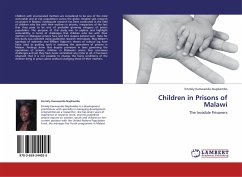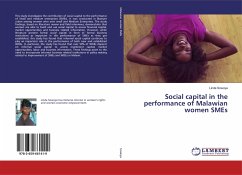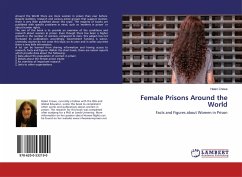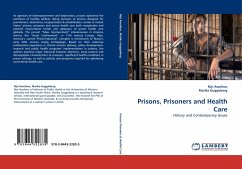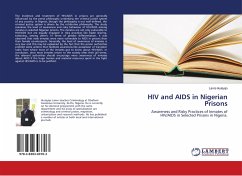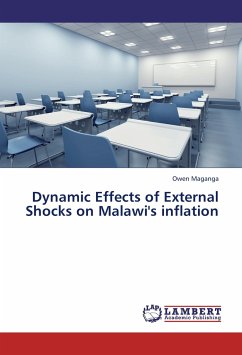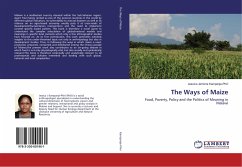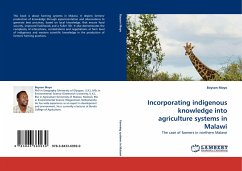Children with incarcerated mothers are considered to be one of the most vulnerable and at risk populations across the globe. Despite vast research on prisons in Malawi, inadequate research has been conducted in the field of children who live with their mothers in prisons, irrespective of the fact that they pose to be one of probable growing category of prison population. The purpose of this study, was to explore and highlight vulnerability, in terms of challenges that children who live with their mothers in Malawian prisons face and find reasons behind such. Data for this study was collected using qualitative research techniques. Max Weber s typology of authority and William Ogburn s theory of cultural lag have been used as guiding tools in assessing the operations of prisons in Malawi. Findings show that despite provisions in laws governing the operations of prisons, children in Malawian prison face enormous challenges and yet they have never committed any crime at all. It has been observed that it is not possible to change the living conditions of the children living in prison alone without changing those of their mothers.
Bitte wählen Sie Ihr Anliegen aus.
Rechnungen
Retourenschein anfordern
Bestellstatus
Storno

